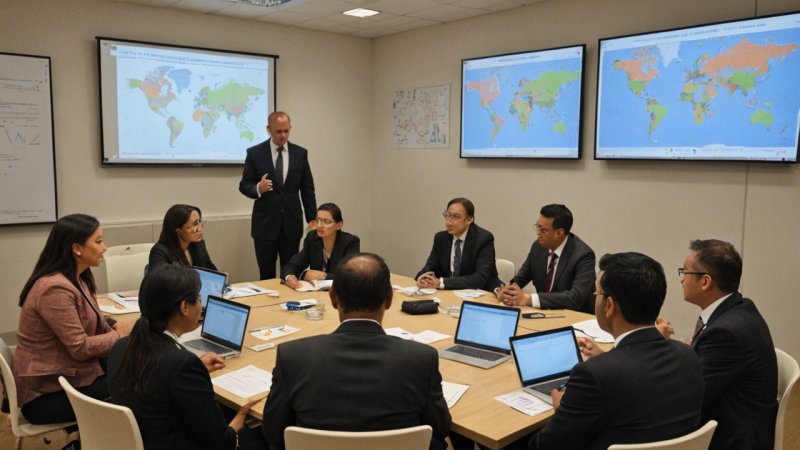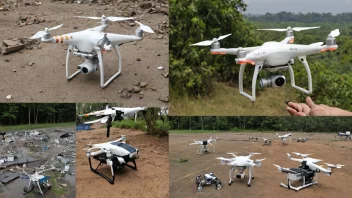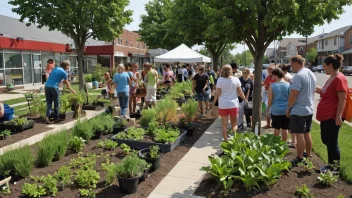In the wake of natural disasters, the immediate response often garners significant media attention, but it is the long-term recovery efforts that are crucial for restoring communities. Non-governmental organizations (NGOs) play an essential role in this process, employing a variety of strategies to ensure sustainable recovery for affected populations. Understanding these strategies can inspire individuals to take action and support these vital initiatives.
One of the primary strategies NGOs utilize is community involvement. Effective recovery cannot occur without the active participation of local residents. NGOs prioritize engaging community members in the planning and implementation of recovery efforts. By conducting needs assessments and holding community forums, NGOs gather valuable insights into what the community requires most. This collaborative approach not only empowers residents but also fosters trust and unity within the community, making recovery efforts more effective and sustainable.
Another critical aspect of long-term recovery is the focus on building resilience. NGOs work to implement programs that enhance a community's ability to withstand future disasters. This may involve investing in infrastructure improvements, such as flood defenses or earthquake-resistant buildings. Additionally, NGOs often facilitate training programs to educate community members about disaster preparedness and response strategies. By equipping individuals with the knowledge and tools to respond to potential threats, NGOs help create a culture of resilience that can mitigate the impact of future disasters.
NGOs also recognize the importance of addressing the psychological impact of disasters. After traumatic events, many individuals experience mental health challenges that can hinder recovery. To combat this, NGOs often integrate mental health services into their recovery programs. This may include counseling, support groups, and community workshops focused on emotional healing. By prioritizing mental health, NGOs help individuals process their experiences and regain a sense of normalcy, which is essential for overall community recovery.
Additionally, economic recovery is a focal point of NGO strategies. Following a disaster, individuals may lose their jobs or sources of income, leading to increased poverty and hardship. NGOs often implement livelihood programs that provide skills training, microfinance opportunities, and support for small businesses. By fostering economic independence, NGOs help individuals regain their financial footing and contribute to the broader economic recovery of the community.
Education plays a crucial role in long-term recovery as well. Disasters can disrupt educational opportunities for children, impacting their future prospects. NGOs often work to rebuild schools and provide educational resources to ensure that children can continue learning. They may also implement programs that focus on bridging educational gaps, such as tutoring or mentorship initiatives. By prioritizing education, NGOs help cultivate the next generation of leaders and change-makers.
In summary, NGOs serve as critical agents of change in long-term disaster recovery efforts. Through community engagement, resilience building, mental health support, economic revitalization, and educational initiatives, they lay the groundwork for sustainable recovery. For those looking to contribute to these efforts, consider volunteering your time or skills with an NGO. Your involvement can help empower communities to rebuild and thrive, creating a lasting impact on their journey toward recovery.
NGO Strategies for Sustainable Disaster Recovery
Discover how NGOs play a crucial role in sustainable disaster recovery through community engagement, resilience building, and economic revitalization.






